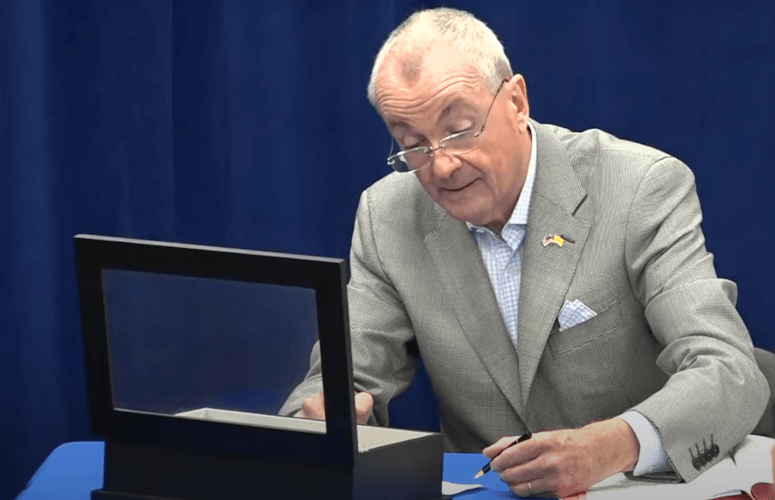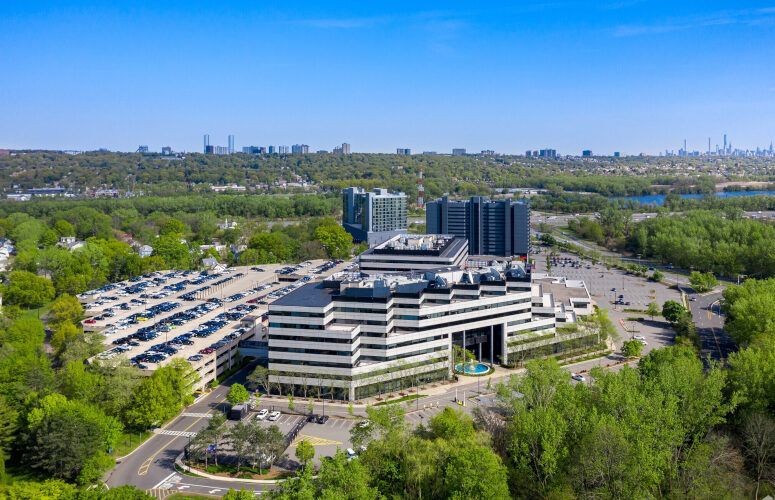
Six Bills to Combat NJ’s Opioid Epidemic Signed into Law
By Anthony Birritteri, Editor-in-Chief On Jul 2, 2021Stating that there is no vaccine to cure the opioid epidemic as there is to fight the COVID-19 pandemic, Gov. Phil Murphy today signed six bills into law that address the state’s opioid crisis – a crisis that has claimed 3,000 lives in 2020 and in the first four months of 2021 is outpacing similar times frames from the past four years.
Murphy said the six bills can be categorized under three umbrellas that: further expand low-barrier access to naloxone and bridges to medication assisted treatment; strengthen public health data; and build resiliency among children and families impacted by the opioid crisis.
The bills are:
S-3491 (Vitale, Lagana, Vainieri Huttle/Verrelli, Benson): Revises and expands authorization for any person or entity to obtain, distribute, and administer opioid antidotes.
S-3803 (Vitale, Schepisi/Conaway, Vainieri Huttle, Verrelli): Permits certain paramedics to administer buprenorphine.
A-5595 (Verrelli, Benson, Holley/Gopal, Lagana): Requires Division of Consumer Affairs to publish retail price of certain opioid antidotes.
A-5597 (Conaway, Jimenez, Speight/Vitale, Turner): Permits school districts to administer student health surveys after prior written notification to parents and legal guardians.
S-3814 (Madden/Conaway, Mosquera, Tully): Requires DCF or court to consider placement of children with relatives or kinship guardians when making placement decision; makes changes to certain standards for initiating petitions to terminate parental rights.
A-5703 (Armato, Verrelli, Conaway/Addiego, Lagana): Requires certain health insurers, Medicaid, NJ FamilyCare, SHBP, and SEHBP to cover naloxone without imposing prior authorization requirements.
At today’s signing, held at the VNACJ Community Health Center in Asbury Park, the governor thanked government and healthcare officials around the state who “have worked tirelessly to erase the stigma associated with opioid use disorder … and close the gaps to treatment.”
However, there is no “magic wand” to end the crisis, he said.
“Indeed, over the past 16 months, as we battled the COVID pandemic, we have never forgotten our need to continue our work against the overdose epidemic,” Murphy said. “COVID made this fight even stronger as we faced the headwinds of social isolation, job loss, grief, and financial and housing insecurity.”
With his signing of the Jay Honig Compassionate Use Cannabis Medical Act two years ago, the governor said increased access to medical cannabis also means fewer people using dangerous or addictive opioids to ease their physical pains. “Our continued efforts to expand our medical cannabis program are a crucial part of our fight against the opioid epidemic,” he said.
According to Christopher R. Rinn, CEO of the VNACJ Community Health Center, “Today’s initiatives empower those at the community level to improve access to a whole host of addiction services. The opioid epidemic continues to impact thousands of lives in the communities we serve. Thanks to the governor’s and the Legislature’s leadership, we are saving lives and empowering patients onto the journey of recovery.”
To access more business news, visit NJB News Now.
Related Articles:





